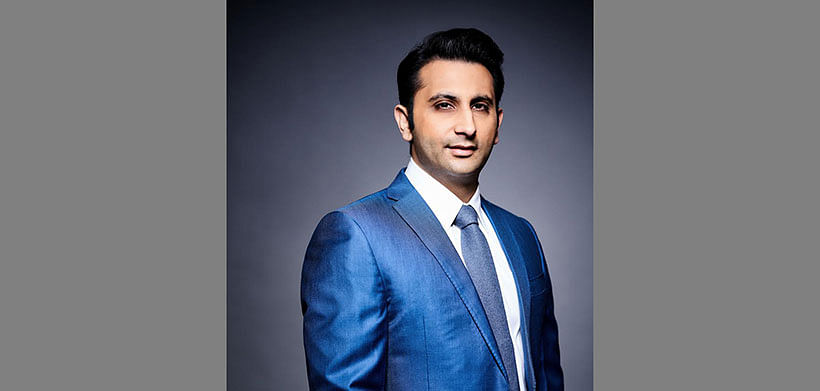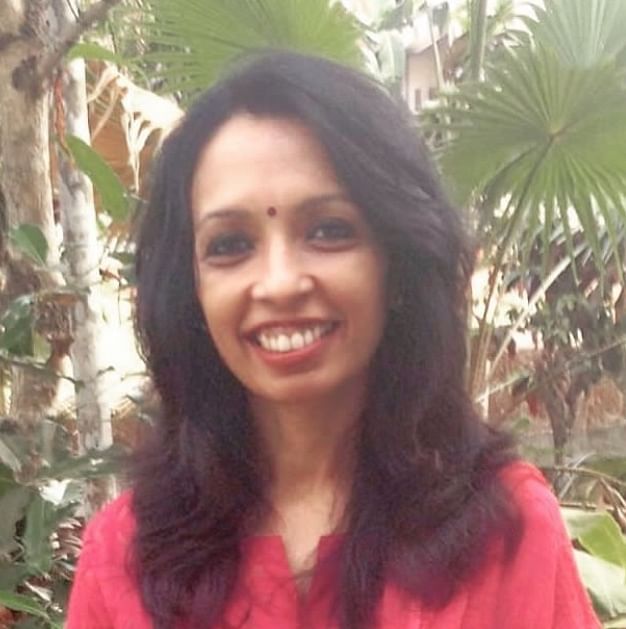
It is important to ensure that the Oxford-AstraZeneca vaccine (Covishield in India) reaches the most vulnerable and remotest corner of the country and this can be achieved by strengthening the healthcare infrastructure, revisiting the healthcare policies, fast tracking regulatory approvals while complying with necessary trials and tests, Serum Institute of India CEO Adar Poonawalla, said.
On Monday, medical journal Lancet published findings from early trials which showed the coronavirus vaccine, being developed by the Oxford University and AstraZeneca, safe and capable of inducing an immune response. The Serum Institute is one of AstraZeneca’s partners in manufacturing the vaccine.
In an interview with Anupama Ramakrishnan, Adar Poonawalla sheds light on the rest of the phases of the clinical trials, the affordability of the vaccine and the Serum Institute’s plans for their own vaccines.
How much of hope have the early results of the Oxford vaccine trials brought to you and when do you think the vaccine will be available in India?
The Oxford-AstraZeneca vaccine is one of the only vaccines which has yielded positive results in the ongoing trials and has been cleared for the final phase. The vaccine is branded as Covishield. We are hopeful that it will be a well-treated and immunogenic vaccine, efficacious for mass use. Once we get necessary regulatory approvals, we will start manufacturing in large volumes. Based on the success of the trials we are expecting to launch it by the end of this year. I believe by the first quarter of the next year it will start reaching the masses.
How many doses will the Serum Institute produce?
As per our deal with AstraZeneca, we will be making one billion doses over the next one year for India and other low-and-middle-income countries (GAVI countries). Following the success of the trials and licensure trials, we will manufacture about 60-70 million doses per month (which might stretch to 100 million doses later). With this, we are looking to manufacture around 300-400 million doses by the end of this year.
Could you tell us what the cost of the Covishield vaccine would be?
It is too early to comment on the pricing, however initially we would like to keep it under Rs 1000.
How affordable will the vaccine be for the poor?
We are certain that it will be affordable and hopefully will be procured and distributed by governments without charge.
What are the logistical challenges in front of you?
Our biggest challenge has been the timeline. Initially, due to lockdowns across various countries, there were a few logistical hindrances. However, all our facilities are equipped with state-of-the-art technology and equipment to meet the vaccine demand, domestically and globally.
Track live updates on coronavirus here
In countries like India, you will have to reach at least a few hundred million people and even in remote places. What do you need to achieve that kind of scale?
It is important to ensure that the vaccine reaches the most vulnerable and remotest corner of the country. We can achieve that by strengthening our healthcare infrastructure, revisiting our healthcare policies, fast tracking regulatory approvals while complying with necessary trials and tests. We must focus towards collaborative models of operation buoyed by research and development, and innovation to mass produce the vaccine and amplify its accessibility.
How do you look at the rest of the phases of the clinical trials? What are the risks involved?
We will begin with the Phase 3 clinical trials in India around August 2020. The Phase-I trials have been conducted in almost 1000 patients, but in other countries it is usually done on 40-60 patients. For the Phase-III trials, we plan to have around 4000-5000 people from India. There are several trial sites across both Mumbai and Pune, since these cities have several hotspots, which will help us understand the efficacy of the vaccine. The biggest risk involved would be the vaccine not clearing the trials, however, we are optimistic that it will yield positive results.
Also Read: Coronavirus India update: State-wise total number of confirmed cases
An untested drug --- what were the factors that made you go for it?
As per the Lancet study results, the Oxford-AstraZeneca vaccine candidate is found to be safe and immunogenic. We have also worked with the Oxford team earlier on a malaria vaccine; they were also the first ones to develop a vaccine for the Ebola virus. A vaccine usually takes 12- 18 months to be in the marker; the very fact that we have a potential vaccine candidate in such a short period of time, is a big game changer for the entire healthcare fraternity.
Are you also working on your own vaccine?
Yes, we are working on two of our own vaccines. We seek to release them by the end of 2021. We are also conducting Phase-III trials of the recombinant BCG vaccine shots to improve the innate ability to fight the virus and reduce the severity of COVID-19 in India. This is an extremely safe vaccine since it is given to new-born babies and we have been selling this in more than 100 countries worldwide for many decades. Based on our trials, we will be certain on the efficacy and viability of the vaccine, post which we will initiate the mass production of the vaccine. In addition, the Codagenix vaccine candidate is in pre-trial phase and we are expecting it to progress soon. It may enter human trials towards the end of the year.
